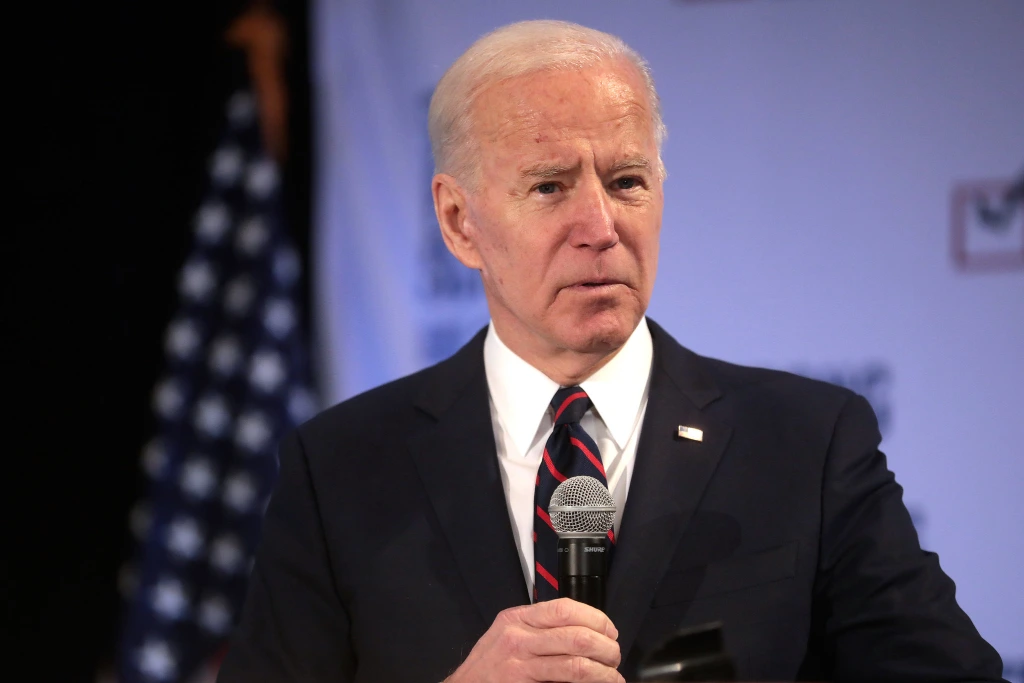The leaders of the Republic of Korea, the United States, and Japan came together on Friday at Camp David, the presidential retreat in Maryland, in a historic summit to reaffirm their commitment to enhancing regional security, prosperity, and upholding shared values, but also to establish a new alliance. US President Joe Biden welcomed Japanese Prime Minister Kishida Fumio and Republic of Korea (ROK) President Yoon Suk Yeol to the historic trilateral summit, the first-ever stand-alone summit of leaders from the US, Japan, and the ROK, and the first summit of foreign leaders at Camp David during the Biden-Harris administration. The leaders jointly inaugurated a new era of trilateral partnership and reaffirmed that cooperation between them advances the security and prosperity of their respective nations, the Indo-Pacific region, and the world.
The trilateral meeting is significant given the history between Japan and South Korea. While both countries share many cultural, economic, and strategic ties, their relationship remains burdened by the weight of history, especially the memories and impacts of the Japanese occupation that took place between 1910-1945. Efforts for reconciliation are ongoing, but deep-seated grievances, nationalistic sentiments, and differing historical narratives continue to pose challenges.
For this reason, the meeting carries special weight and represents a significant diplomatic achievement on the part of the US and the Biden administration. Biden outlined the purpose and goals of the meeting and said in his remarks that the leaders “continue to counter threats from the DPRK, including cryptocurrency money laundering to the tune of billions of dollars; potential arms transfer in support of Russia’s brutal war against Ukraine,” Biden added. “And together, we’re going to stand up for international law, freedom of navigation, and the peaceful resolution of disputes in the South China Sea.”
Biden also noted that the three countries are “expanding our economic cooperation to build an Indo-Pacific that is peaceful and prosperous.”
President Yoon agreed with Biden and added his own thoughts. He said, “In order to respond to today’s unprecedented polycrisis, the ties between our three countries, which are the most advanced liberal democracies in the region and major economies leading advanced technology and scientific innovation, are more important than ever.”
“Today, we, the three leaders, affirmed our commitment to the trilateral partnership towards a new era and possibilities thereof,” he affirmed. “Grounded in the core values of freedom, human rights, and the rule of law, a strong alliance of values among Korea, the U.S., and Japan will help build a world that’s more peaceful and prosperous by serving as a sturdy foundation.”
According to a fact sheet published by the White House, the key takeaways were that the three countries agreed on the Camp David principles and the Spirit of Camp David to guide future cooperation. They agreed to set up annual meetings among foreign ministers, defense ministers, and national security advisors to establish a communication channel for rapid coordination on urgent regional issues. They also agreed on regular joint consultations, including in areas of global health, women’s empowerment, and youth summits.
In addition, the three leaders discussed security cooperation which will include increased joint capabilities to address North Korea’s advanced nuclear and missile threats, the activation of real-time DPRK missile warning data sharing, and the establishment of annual joint defense exercises.
They agreed a new trilateral working group on DPRK cyber activities would be formed and they opposed any forceful changes to the status quo in the Indo-Pacific while pledging support for ASEAN and Pacific Island countries in maritime security.
The leaders also agreed on the expansion of a strategic economic partnership, trilateral cooperation for global supply chain resilience and energy security, and the establishment of an early warning system for global supply chain risks.
They agreed to broaden collaboration in cutting-edge tech sectors such as AI, quantum, bio, telecommunications, and space, and the national labs of each nation will expand joint research and development and exchange personnel.
Japanese Prime Minister Kishida also spoke at the summit. He said, “At the moment, the free and open international order, based on the rule of law, is in crisis. Due to Russia’s aggression of Ukraine, the international order is shaken from its foundation.”
Kishida lamented the “unilateral attempt to change the status quo by force in the East and South China Seas” and the growing “nuclear and missile threat of North Korea.
“Under such circumstances, to make our trilateral strategic collaboration blossom and bloom is only logical and almost inevitable and is required in this era,” he said. “The three of us here today declare our determination to pioneer the new era of Japan, U.S., ROK partnership.”
All three leaders made clear their intent to move forward together to counter joint threats and jointly address shared concerns. Just two years ago, the idea of such a gathering was almost inconceivable. President Moon Jae-in, who preceded Yoon and was widely perceived as leaning left, was deeply committed to building a rapport with Pyongyang. Under his administration, relations with Tokyo deteriorated due to disputes over compensation for Korea’s forced laborers during the Japanese occupation. Tensions peaked in 2019 when Japan imposed export restrictions on essential tech materials destined for South Korea.
However, the regional political landscape experienced a dramatic shift with the election of Yoon, a conservative figure, in March 2022. He promised a more stringent stance towards China and North Korea while enhancing the relationship with the US. So far, he has stayed true to his word.
Today, this unique alliance seems more promising than ever, and the summit demonstrates that there is real potential for progress. If the three sides manage to follow and implement the declarations and agreements, they could bring about a monumental and historic change in the Indo-Pacific – one that sees a weakened China and a deflated North Korea.
